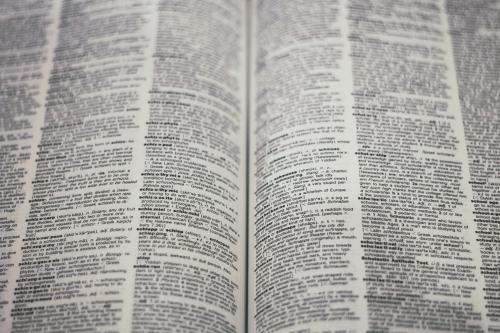Up to 230 stocks listed in the UK and EU are at risk from Brexit because of a Mifid II trading rule, according to a leading trading expert.
Christian Voigt, senior regulatory adviser at software trading company Fidessa and former vice president at Deutsche Börse, has published an analysis that finds 230 liquid stocks with a roughly 50/50 split of turnover across the UK and remaining EU member states (EU27) are at risk.
Having studied trading patterns of European stocks and indices over time, Voigt writes: ‘At the heart of the problem is the little-known Mifid II trading obligation that is currently flexing its extraterritorial muscle. The rule requires EU firms to trade all equities on an EU-recognized trading venue. Under a no-deal Brexit, the EU is planning to treat UK venues as non-equivalent and, in fact, has also threatened Switzerland with removing its equivalence.
‘Switzerland attempts to neutralize the problem by banning EU27 venues from trading Swiss shares. Will this work? Switzerland’s approach will probably be successful in securing access to the SIX Swiss Exchange for EU investors. But it inevitably gets more complex than that.
‘First, EU Systematic Internalizers may step up to offer trading in Swiss stocks and second, the ultimate type of Brexit we endure will determine whether Swiss stocks are actually traded in London. With all this political upheaval, the chances for a major liquidity shift must be high. The trick will be in working out the winners and losers.’
What this means, Voigt tells IR Magazine, is that ‘it is uncertain what will happen, because we don’t know what kind of Brexit it will be’. He identifies a number of stocks that have market share in both EU27 and UK trading venues: German technology firm SAP, which is listed in Frankfurt, Danish pharmaceutical group Novo Nordisk, Frankfurt-listed adidas, Amsterdam-listed technology group Philips, German automotive company Continental, Stockholm-listed Nordea Bank and French technology firm Safran, which is listed in Frankfurt. ‘As they are traded in the UK and the EU27, they could be negatively affected,’ he notes.
The Mifid II trading obligation comes under Mifir Article 23. ‘The rule requires EU firms to trade all equities on an EU-recognized trading venue, albeit with some small exemptions,’ explains Voigt. ‘EU firms will struggle to comply with it in a no-deal Brexit. Currently it seems UK trading venues will not be recognized as equivalent third-country venues.’
Addressing the best and worst-case scenarios, he adds: ‘In a best-case scenario, the EU would grant equivalence for UK trading venues and allow EU firms to continue to trade in the UK. In a worst-case scenario, EU firms will not be able to trade at UK exchanges if the same stock happens to be listed somewhere else in Europe.’
The 230 different shares identified represent about €2 tn ($2.3 tn) in turnover.










